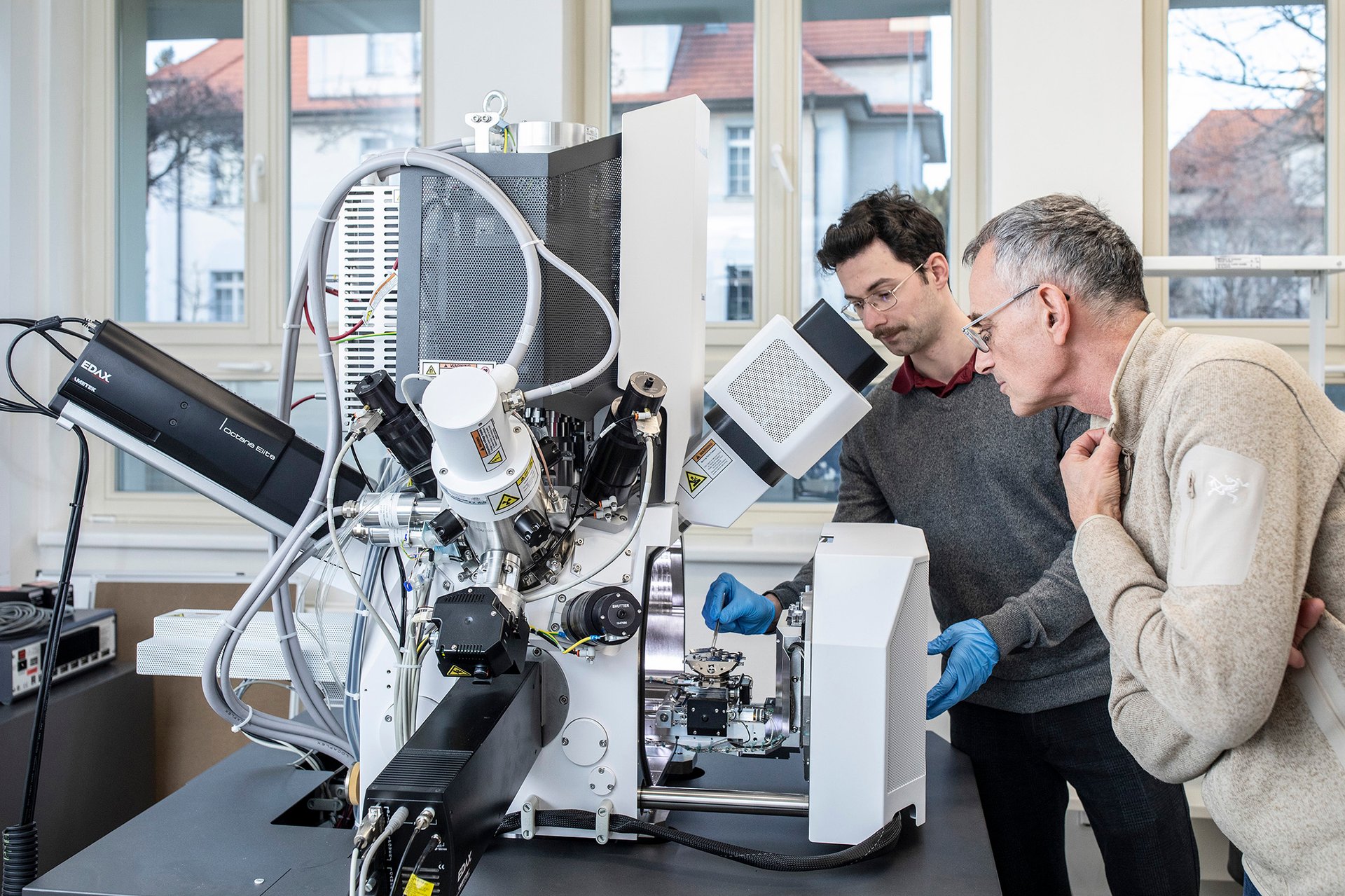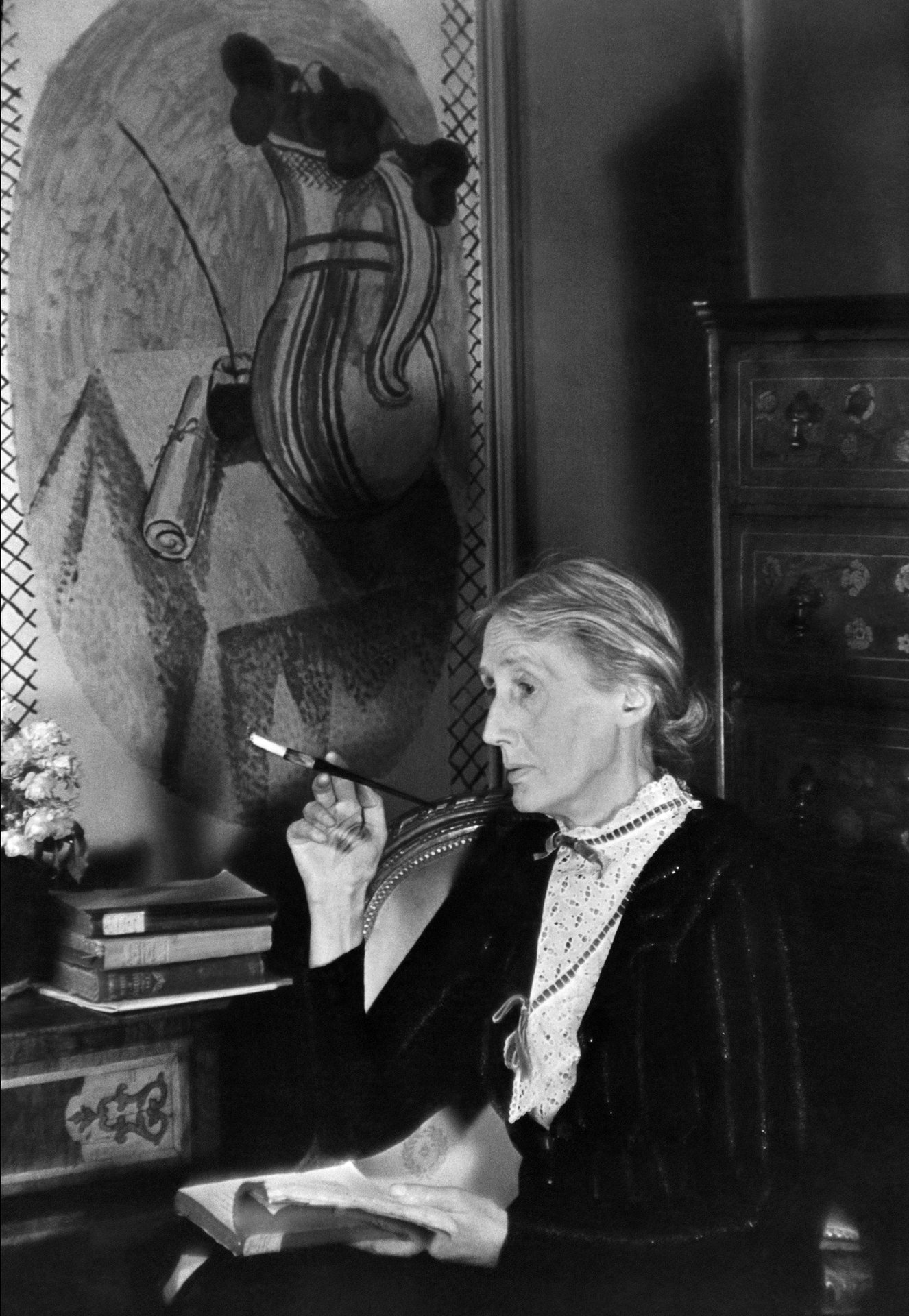Her Royal Highness the Czech Cake
No food sold in Czech shops differs as much from that eaten at home as pastries

Czech gastronomy serves up an unusual paradox: While most Czech women are reputedly excellent bakers, bakeries and supermarkets tell a different story: stale products with tasteless fillings – an assortment dramatically different from the ones we commonly eat at home. High-quality French patisseries and German bakeries prove that it doesn't have to be this way, however.
No raw eggs, please!
The country's biggest bakery, the United Bakeries branch in Prague's Jinonice district, is full of machines. The plant is focused entirely on producing a popular Czech cake with a poppy seed filling. They know how much oil, flour and dried egg mixture to add. Another machine flawlessly cuts the dough into perfect strips, adds the poppy seed filling, then rolls them into little channels, cuts them again into nine pieces, and finally places them in little baking trays in an oven. All without the help of a human hand. Just one woman works at the machine, checking whether or not these identical cakes have been placed in the baking trays correctly. Human employees are only required for packaging and delivery. It is the uniform look and ingredients that production manager Jan Spálovský considers the most important factors in the process. „The customer knows the product he likes is going to be the same any time he buys it,“ says Spálovský. „It's all managed by computer, so there can't be more salt added than is needed.“


According to United Bakeries, which controls one quarter of the local pastry market, Czechs like cakes and strudels (závin – not always with an apple-and-cinnamon filling) and vanilla and nougat fillings. When it comes to United Bakeries' recipes, Spálovský admits they substitute rapeseed oil for butter. „It is cheaper, less difficult to store and easier for the machines to process,“ says Spálovský. The same goes with eggs. They have been replaced with a pasteurized mix of dried yolks and egg white. „No raw eggs are allowed,“ says Spálovský, explaining why they use the mix.
A factory-made pastry always contains „enhancers“ that supposedly help to make the pastry moist and give it an appropriately fluffy look. Among them are ascorbic acid (which helps the pastries keeps their shape), enzymes (amylases, for example, which help to catalyze the breakdown of sugar and improve the pastry's color) or emulsifiers (which soften the pastry to make it look fresher). While these chemicals might seem dubious, experts say they pose no harm to our health. Apart from cheaper oil and flours, Czech pastry producers also save money on fillings. They frequently use cheap ingredients, such as potato flour or sweet breadcrumbs. Cream cheese is often replaced with food gel and eggs with food coloring.
Cheaply please
Bakeries aren't entirely to blame for the unimpressive quality of local pastries, however – it's mainly the fault of the supermarket chains and of consumers. „The supermarkets have been trying to please the Czech customer,“ says Jaroslav Albrecht, manager of the Kontinua bakery. „If a bakery doesn't compromise on price, the supermarket goes for another one. In the Prague-Hostivař bakery we offer six types of sweet bread (vánočka in Czech) ranging in price from 30 to 90 crowns. The cheapest sell fastest, despite lacking any real egg. People simply want to buy the cheapest [product].“ However, it's not always the case that the more expensive a product, the better its quality. The Billa chain will offer the same product for a higher price than, for example, Lidl, because Billa has higher profit margins.
An increasingly common trick the supermarkets are playing on their customers is baking frozen food in stores then selling it as „fresh pastry“. „This pastry is often stored in freezers for months, which naturally lowers its quality,“ says Albrecht. „You buy it and the next day it's like rubber. And you see it more and more.“ This practice is much cheaper for the supermarkets. If they run out of pastries, they can prepare new ones right there on the premises. Most of the semi-frozen products are imported from Belgium, the Netherlands, Germany and Poland. The Czech agriculture ministry is currently preparing a regulation that would ban the sale of products of this type as „fresh pastry“.
„If customers repeatedly complained in supermarkets, or just stopped buying this type of pastry, the vendors and producers would be forced to increase quality,“ says Stanislav Musil, vice-president of the Potravinářská komora ČR (Federation of the Food and Drink Industries of the Czech Republic). Czech customers are notoriously undemanding but the emergence of shops offering high-quality pastries show that the situation is slowly changing.
The shame of low quality
Manually cut apples and juicy raisins lie beneath the lightly sugared skin of a strudel being prepared by Emilia Janečková. This typically Czech cake has fans all over Prague. Although her café is in Malá Strana, in one of the most expensive parts of the city, her strudel costs just 25 crowns. „A reasonable price and high quality help us to sell more than the others do because they sell their strudel for 60 crowns,“ she says, explaining her strategy.
Born in the Banat region, in present-day Romania, where her ancestors emigrated at the beginning of the 19th century, Emilia Janečková returned to Czechoslovakia 20 years ago. Her restaurant in Nerudova street also serves typical Banat food. They have been open for only five months and not many people have discovered her establishment but her delicious pastry has already won her commissions from the Czech foreign ministry. Before Christmas she will bake 300 kilograms of Christmas cookies and 150 vánočkas for Český rozhlas (Czech Radio) and the Na Homolce hospital.
Janečková has to work hard to maintain quality. Employing only six people, she works 14-hour days and hasn't had a day off in the past six months. „I can't afford to employ more people – the competition with major bakeries is tough,“ she says. „I could save by using cheaper ingredients, such as not using butter, but I would be ashamed to sell such products.“
According to Janečková, there is no public debate in the Czech Republic on which pastries and desserts are of good quality and which aren't „Why aren't there any competitions for makers of desserts, in which masters in this field could demonstrate the rich variety of products and show what top-quality goods actually look like,“ she asks. She also feels there should be universal standards measuring the quality of Czech pastries and desserts.
More evidence of the rise of high-quality pastries in Prague is provided by the Kabát chain of bakeries. „We had zero stores 20 years ago, now we have 18,“ says company chief Richard Kabát with pride. Most of the products, including the typically Czech bublanina (sponge cake with cherries) and pudding with sweet biscuits (piškoty - like ladyfingers but with a round shape), are made manually. Kabát has succeeded in getting his company's products sold in supermarkets without having to lower their quality. „Our clients kept asking for our products in Tesco, so Tesco actually called me one day,“ he recalls. „We negotiated on price six times before they understood I wouldn't go for lower quality. Then they accepted my price offer.“ Kabát's products are also stocked by the Albert supermarket chain.
From kitchen to café
If Czech women are skilful bakers, why can't private bakeries employ students and pensioners who are having a hard time finding part-time work? The answer is strict hygiene regulations. One Prague café that offers homemade pies and cakes asked not to be identified in this article out of fear of the hygiene officials. „Normally, according to the hygiene regulations, I should have separate storage sections for eggs, fruits and flour,“ says the young owner somewhat nervously. „But such conditions are hard to follow even at home, so we don't have them in our café either.“ Her companion adds: „We tried to stock products from industrial bakeries but our customers complained. This way we pay a bit more for them but our customers are always happy.“
Shortened and translated by Naďa Straková
Pokud jste v článku našli chybu, napište nám prosím na [email protected].



















